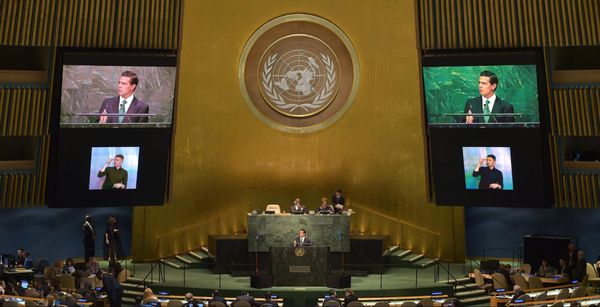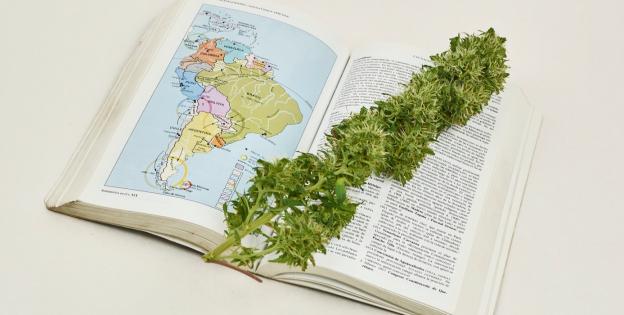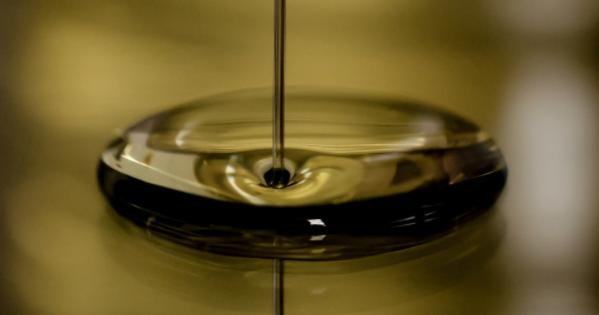- Paraguay is the biggest marijuana producer in South America: it supplies brick weed (known locally as ‘paraguayo’) to Brazil, Argentina, Chile, and Uruguay.
- In a country with huge socioeconomic inequalities, the cannabis industry could theoretically have a positive effect on its economy, but unfortunately it is heavily controlled by drug traffickers and corrupt politicians.
- However, this could change soon: the country has just approved personal cannabis cultivation por therapeutic purposes, and controlled production of both industrial hemp and medical cannabis have been recently legalised, with the first licenses already granted.

Nobody knows for certain how many cannabis plantations exist in Paraguay, but it is clear that this small country is the main marijuana producer in South America. National authorities and international audit institutions estimate that between 6,000 and 7,000 hectares are destined for marijuana cultivation, which started in the 1960s and expanded to satisfy South America's growing demand. Nowadays 90% of the 'maconha' (or marijuana) consumed in Latin America's giant Brazil, comes from Paraguay. In the past Paraguayans only managed to grow two annual harvests; nowadays, new marijuana seeds allow for three.
According to estimates by Paraguay's National Anti-Drug Secretariat (SENAD), 20,000 Paraguayan farmers are currently cultivating marijuana for a living, especially in the Northeast of the country, where the rainy weather is beneficial to the plants' growth and hinders access to the crops. It is believed that 60% of the cannabis crops are located in farmland or livestock pastures, with growers deforesting some areas so that the marijuana remains hidden amongst the original forest vegetation. Illegal marijuana cultivation is a daily occurrence in Paraguay for many poor farmers who have no choice but to grow weed for drug traffickers, thus risking their freedom and ultimately their lives.
The departments where drug traffickers operate with greater impunity are San Pedro as well as those near the border with Brazil (Alto Paraná, Canindeyú, Amambay and Concepción.) Drug traffickers integrate the local authorities in their chain of influence; these include mayors, members of parliament, the police, the military, and civil servants. They also manage transport and logistics companies, financial and security firms, as well as a secret and powerful money-laundering network.

In fact, the homicide rate on the Paraguay-Brazil border area is shockingly high, which is a reflection of the rivalry between drug traffickers competing for the routes into Brazil. The fact that Paraguay lacks any clear results regarding their anti-drug policies, and that there are no alternative development plans in place, seem to indicate that these policies have not been successful up until now.
The process of change in Paraguay
Paraguay's new regulation regarding cannabis medical use aims at transforming local agriculture and stopping the increase of drug trafficking in the country.
The change started in late 2015, with an unusual protest by the so-called 'marihuaneros', the cannabis farmers, who demonstrated in some areas of the country to protest against the destruction of their crops by the police. The loss of some plantations might not be a big deal for traffickers, but it is the farmers' livelihood. After the protests, politicians started to talk about their intention to push forward a draft law to regulate marijuana consumption and to make the State responsible for its production and distribution.
However, it was not until early 2018 that the president of Paraguay Horacio Cartes ratified the 6,007 bill, which regulated medical cannabis, establishing a legal frame for cannabis use and production, and creating a National Programme for the Medical and Scientific Study and Research of Cannabis and its Byproducts.
Although legislation was established to regulate the local manufacture of cannabis products, this was reserved only for the State, with 'personal cultivation' still forbidden. In June 2018, Paraguay started selling imported cannabis oil for medical purposes.
However, the need for a treatment to alleviate the symptoms of conditions such as refractory epilepsy, together with the lack of clear legislation, encouraged the use of cannabis oil at home, as well as homemade production of this extract and personal cannabis cultivation.
On 13 September 2019, the Senate approved a bill to add two paragraphs to articles 30 and 33 of the law that regulates illicit trafficking of dangerous drugs. This modification decriminalises personal cannabis cultivation for medical purposes, so that any person cultivating marijuana with this aim will be criminally exempt, as long as they hold a state permit and grow the cannabis in a property authorised by the National Anti-Drug Secretariat.
Around 20,000 farmers make a living from marijuana cultivation in Paraguay, particularly in the Northeast of the country.
Only a few days after this announcement, the Paraguayan government also declared that they were starting a process to authorise five companies to produce, industrialise, and commercialise cannabis oil in the country in a controlled way, "in order to further research into the medical applications of this compound."
The Secretary of State confirmed that 2% of the licensed firms' production will go directly to the Ministry of Health, so that medical cannabis oil can be offered, free of charge, to patients with a medical prescription, specifically those suffering from epilepsy who do not respond to conventional treatments, as well as to Parkinson's or chronic pain sufferers.
A bid for industrial hemp
On 20 October 2019, amidst this whirlwind of new laws, the government announced that president Mario Abdo Benítez had signed regulatory decree number 2725 for the controlled production of hemp, or non-psychoactive cannabis, for CBD oil production and other industrial applications.
This measure was brought forward by the Ministry of Agriculture and Livestock (MAG) with rural farmers in mind. It is aimed at supporting small family businesses in the production of hemp as a sustainable alternative, and should also help create an industrial network with transparent funds, with Paraguay right in the centre of it. Sowing will start in April 2020, with a maximum of two hectares per family. It is estimated that around 25,000 small producers, almost as many as the current number of cannabis growers, could benefit in the first year.
Two Brazilian firms and a US subsidiary company have already shown interest in this project. In fact, there are firms already based in Paraguay willing to sign an agreement with producers as soon as possible.
Through the legalisation of medical marijuana cultivation for both the State and some large firms, and the legalisation of industrial hemp cultivation so that rural farmers can escape the yoke of drug traffickers once and for all, it seems that Paraguay is on its way to becoming a leading light in the legal production of cannabis, with a plan to supply the local market and, who knows, maybe export to the whole world in the future.







Comments from our readers
There are no comments yet. Would you like to be the first?
Leave a comment!Did you like this post?
Your opinion about our seeds is very important to us and can help other users a lot (your email address won't be made public).